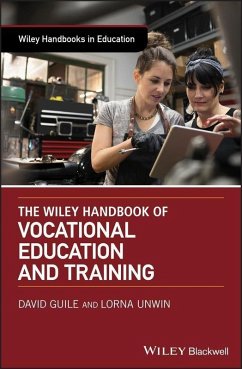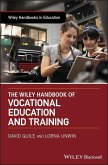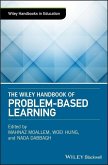A collection of the theories, practices, and policies of vocational education and training written by international experts The Wiley Handbook of Vocational Education and Training offers an in-depth guide to the theories, practices, and policies of vocational education and training (VET). With contributions from a panel of leading international scholars, the Handbook contains 27 authoritative essays from a wide range of disciplines. The contributors present an integrated analysis of the complex and dynamic field of VET. Drawing on the most recent research, thinking, and practice in the field, the book explores the key debates about the role of VET in the education and training systems of various nations. The Handbook reveals how expertise is developed in an age of considerable transformation in work processes, work organization, and occupational identities. The authors also examine many of the challenges of vocational education and training such as the impact of digital technologies on employment, the demand for (re)training in the context of extended working lives, the emergence of learning regions and skill ecosystems, and the professional development of vocational teachers and trainers. This important text: * Offers an original view of VET's role in both the initial and continuing development of expertise * Examines the theories and concepts that underpin international perspectives and explores the differences about the purposes of VET * Presents various models of learning used in VET, including apprenticeship, and their relationship with general education * Explores how VET is shaped in different ways by the political economy of different countries * Reviews how developments in digital technologies are changing VET practice * Discusses the challenges for universities offering higher vocational education programs * Draws on both recent research as well as historical accounts Written for students, researchers, and scholars in the fields of educational studies, human resource development, social policy, political economy, labor market economics, industrial relations, sociology, The Wiley Handbook of Vocational Education and Training offers an international perspective on the topic of VET.
Dieser Download kann aus rechtlichen Gründen nur mit Rechnungsadresse in A, B, BG, CY, CZ, D, DK, EW, E, FIN, F, GR, HR, H, IRL, I, LT, L, LR, M, NL, PL, P, R, S, SLO, SK ausgeliefert werden.









